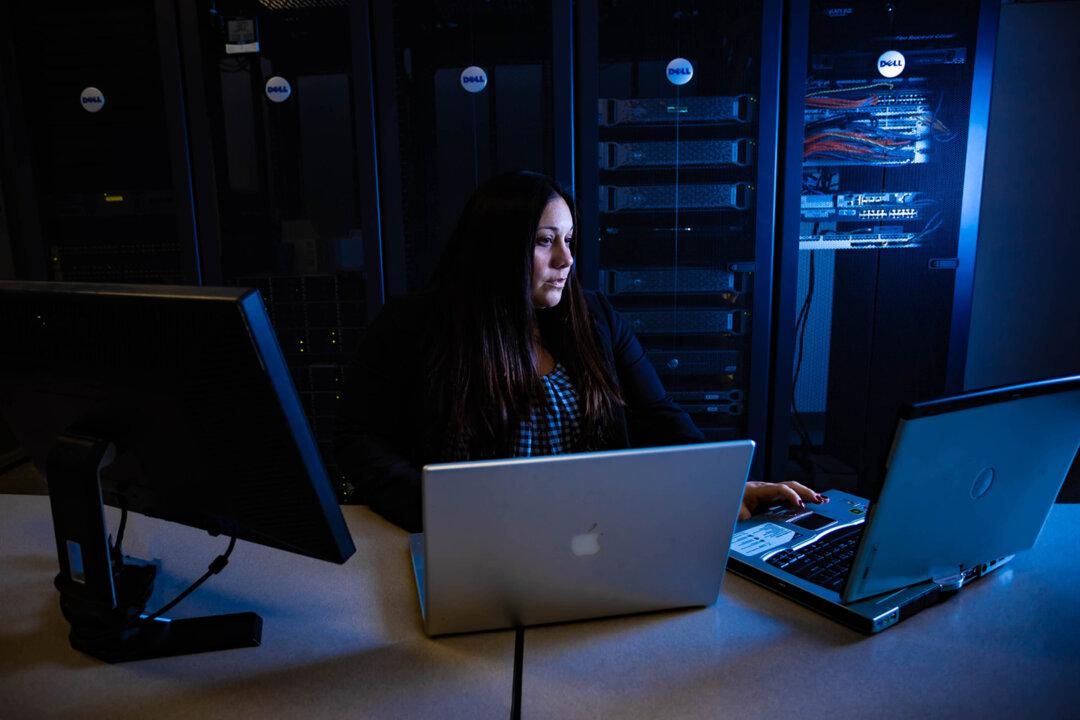In Santa Ana, California, Police Investigative Specialist Kerry Torres spends hours each day on the computer, scouring the darkest corners of the internet for traces of child pornography.
Then she goes home to her family. But every photo or video she has seen tells a story of abuse and exploitation; and they haunt her long after she clocks out.





